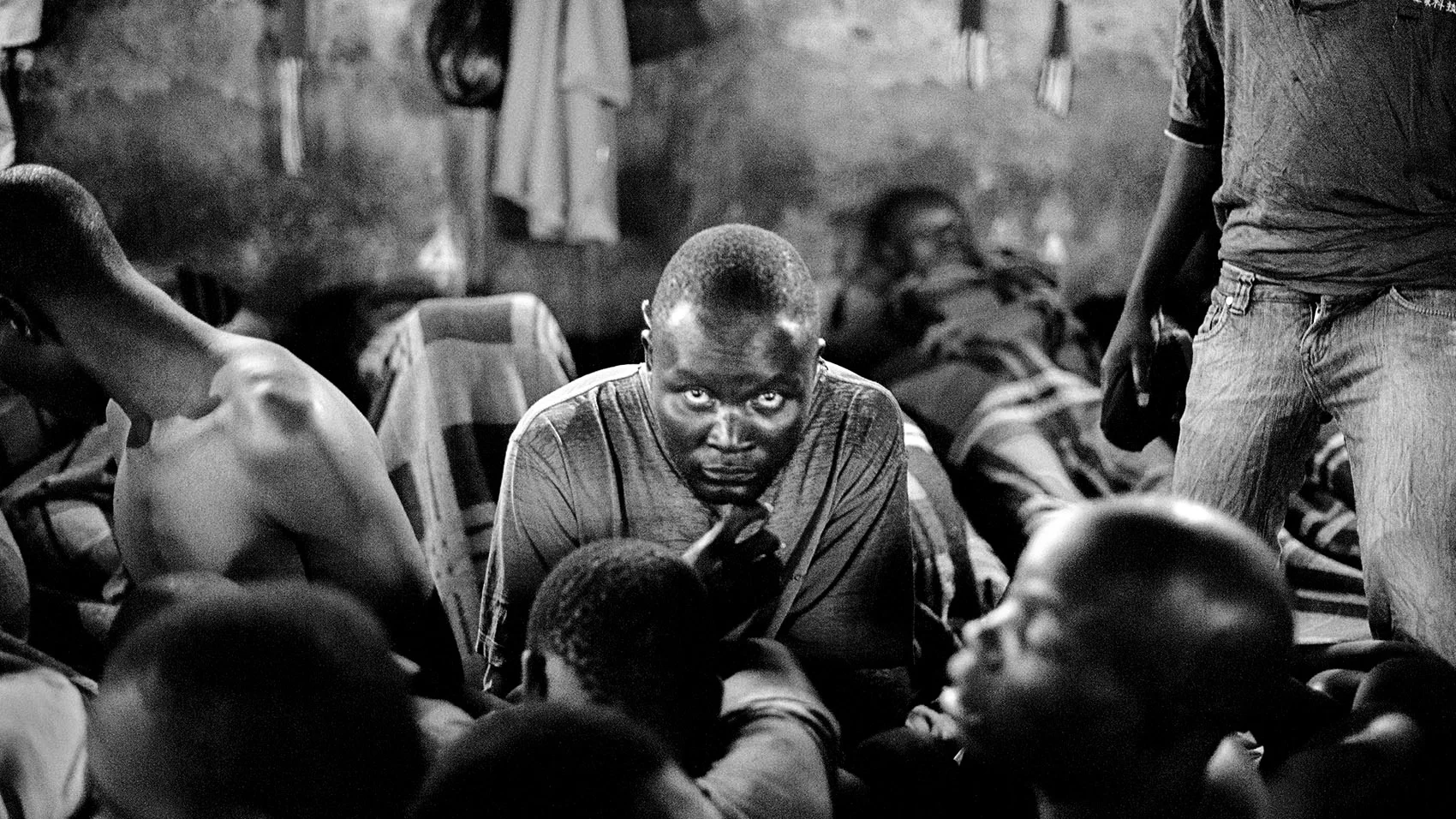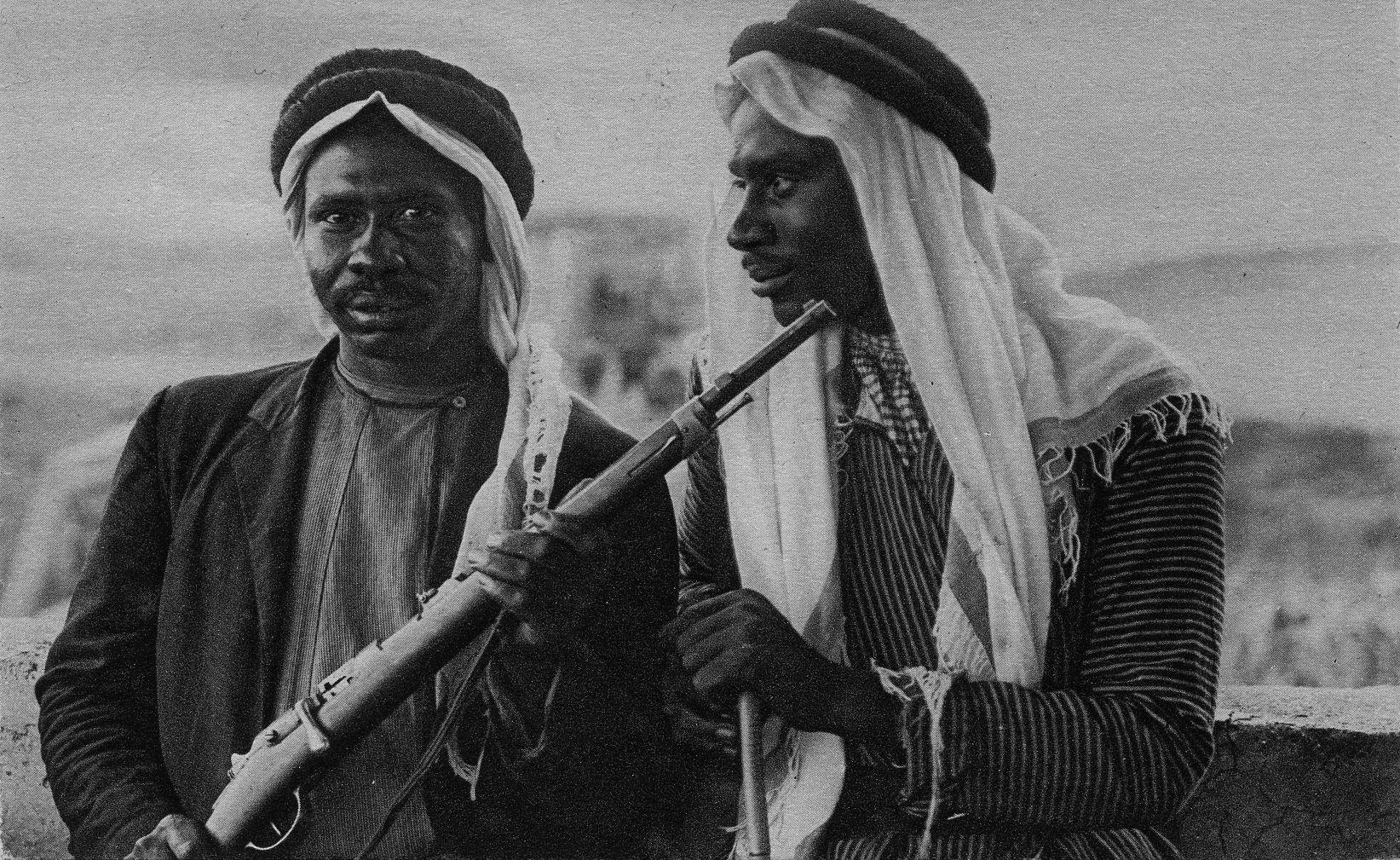AFRICOM WON'T SAVE YOU

Africans must determine their destiny without AFRICOM
The attack on the rights to political, economic, and social sovereignty in Africa isn’t a new phenomenon. With the Berlin Conference of 1884 that drove European nations to drastically alter an entire continent with pseudo borders and foreign colonial administrations, the transatlantic slave trade destabilized West and Central African societies and threatened the security of indigenous ethnic groups, placing them at the mercy of European domination. With the era of decolonization beginning in the 1950s, with left-leaning freedom fighters emphasizing African unity, it seemed as if the period of foreign meddling in the autonomy of African sovereignty was at its end.
While U.S. military operations in Africa were underway in the ‘90s under the command of President Bill Clinton, AFRICOM (United States of African Command) was established in 2008 by George W. Bush. The military program’s objective was eliminating the threat of terrorism, ethnic division and violence, and bringing peace and security to the continent. The program was expanded by former President Barack Obama, who requested funding for the International Military Education and Training program in addition to the Military Financing program in the African countries Mali, Ghana, Algeria, Chad, Djibouti, Ethiopia, Somalia, Morocco, Niger, Libya, Nigeria, Senegal, and Rwanda.
With the rise of Boko Haram in Nigeria and the return of political and social unrest in South Sudan, Central African Republic, Somalia, and the Democratic Republic of the Congo, much of the conservative and liberal non-African Western media outlets championed the move by both former executives-in-chief. However, with the Tongo Tongo ambush towards U.S. troops in Niger, more of the American public took a more profound interest in the U.S. military presence in Africa, with the threat of American military lives on the line. Even more, pressing at hand is the continuation of colonialism against African people that threatens to destroy the very autonomy of ethnic groups who fought to liberate themselves from European domination 60 years ago, only to see a new form of colonial control appear in the 21st century.
Political matters in Africa are empirically historically considered of little importance to American presidential administrations. “It is apparent for the last five decades the successive presidents of the US—Republican and Democrat alike—and their senior advisors almost never had any concern for, knowledge of and experience of managing relations with Africa. In any case, Africa represents only a tiny portion of the vast range of states, regions, and issues involved in the formulation of US foreign policy. And Africa lacks a strong and organized domestic lobby to push the continent’s issues onto the US foreign policy agenda,” explains a 2009 report issued by the Institute of Security Studies. Specialized knowledge about different African countries and ethnic groups exist, but US foreign policy decisions are often made without it.
If the United States is not particularly interested or deeply knowledgeable in the broad scope of African political affairs, especially concerning indigenous African people, what could be their most pressing desire to maintain an American presence on the continent currently? “Despite Africa’s varying geographical and political scope, US officials and analysts view the continent regarding the global strategic situation. They usually divide US interests in Africa into three broad levels, but these interests were evidently limited in comparison with other US interests in other areas, and ‘had not been defined,’” the report continues. “On the strategic level, Africa is near sea lanes, such as the straits of Gibraltar, the Red Sea, and Cape Route, through which oil and vital minerals are shipped and which could be possible targets of terrorism or piracy. Furthermore, dating back to the Cold War years, African states provide useful communications, and air and naval facilities through which US troops could be transported and a variety of combat and covert operations launched.”
While AFRICOM argues one of its primary objectives to increase domestic military operations for stability, its presence undermines ethnic sovereignty in favor of foreign power. Europeans previously established military relationships with indigenous African elites during the colonial period. Such maneuvering allowed them to secure land and resources for the establishment of European companies or to create colonies. While African elites benefitted from military deals with colonial powers, the rest of the kingdom’s people suffered from a sharp decline of indigenous land, resources, and overall political autonomy stripped by direct and indirect European rule. “Today, Africans are faced with a modern version of the colonially imposed military arrangement. As in the days of European colonialism, AFRICOM promises to help Africans deal, effectively, with various endemic issues--poverty, health, education, democracy and economic growth,” notes John Mukum Mbaku in “Political Economy of U.S. Africa Security.” “The colonial military arrangement, which was used effectively by invading Europeans to: (1) subdue Africans and force “peaceful” coexistence with the colonies in order to maximize the profits of exploitation; (2) stunt the development of robust civil discourse in each colony which would have threatened European hegemony; (3) destroy all and any indigenous opposition to the European presence in the colonies; (4) assist in the forceful alienation of African lands to European mercantile companies; and (5) generally to impose the will of the colonizers on the colonized.”
The presence of AFRICOM is also not a solution to African ethnic division or conflict, and indeed is not a means of preventing violence. History proves that a colonial presence on the African continent not only fails to alleviate indigenous disputes but exacerbates them; consider the Hutus and Tutsis in Rwanda, whom, due to Germany’s colonial privileging over one ethnic group in the colonial government’s allocation of education, employment, political power, and social status to Tutsis, led to deep resentment on behalf of Hutus. While the history between the two ethnic groups before Germany’s 1885 colonization of Hutu and Tutsi land is not an entirely harmonious one, any latent inter-ethnic hostilities were undoubtedly worsened by European political and economic domination on indigenous lands and lessening of resources. In addition to Germany’s inflammation of ethnic suspicion, the British also played on racial divisions, aiming to keep indigenous Africans separate in order to reduce threats against the stability of their colonial empire. While Ugandan ethnic violence didn’t reach the level of the Hutu-Tutsi conflict, the British awarded preferential treatment to the Buganda people, relying on the ethnic group to repress social unrest from other indigenous groups such as the Nilotic and Sudanic kingdoms to the north. U.S. operations in ending ethnic violence operate from top-down solutions, none of which directly involve the African ethnic groups that the force is most affecting in the decision-making process. The effect creates mistrust between U.S. funded military dollars and the people whose interests America purports to protect.
The very notion that forces outside of Africa are needed to maintain peace and stability on the continent is indeed a facet of colonialism, enforcing the imperialist idea of Africa as overrun by savages who need a stronger military and political power to look after its interests. After winning independence, African countries and African ethnic groups must determine their destiny without American military intervention, which is solely utilizing the continent for their aims in maintaining global dominance.













